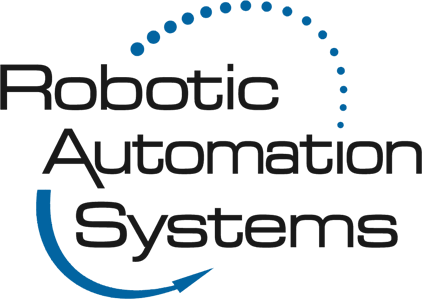How to Choose the Right Industrial Robot
Industrial robots have become a mainstay of manufacturing worldwide. Their efficiency, versatility, and production capabilities have made them a valuable tool, but with so many different types of robots available, how do you choose the right one for your business? The first step is to understand the main types of robots.
Articulated Robot
The most common robots are articulated robots. They have an articulated arm that resembles a human arm, and they have joints similar to an elbow, shoulder, or wrist. They are used predominantly for printing, packaging, welding, machine tending, material handling, and metalwork.
Cartesian
These robots have similar applications to articulated robots but are less expensive. They are highly customizable and are easy to use and program. Customers can determine the stroke length, speeds and precision of the robots, because most of the parts arrive separately and are assembled by the machine builders. The linear movements of the Cartesian elements give the robot a cube shaped workspace.
SCARA Robots
SCARA is an acronym for Selective Compliance Articulated Robot Arm. They are all-in-one robots, meaning a SCARA robot is equipped with x, y, z, and rotary motion in one package that comes ready-to-go, apart from the end-of-arm tooling.
Delta
Delta robots are the fastest and most expensive. They have a unique, dome-shaped work envelope in which they can achieve very high speeds.
How to Choose?
To select the right kind of robot for your particular application, you need to consider several factors:
- Reach and payload-lightweight loads may be handled by a cartesian robot. If your payload is large or heavy, a lightweight machine won’t work.
- Flexibility-if your application requires five or six degrees of freedom, you’ll likely need an articulated robot. If you only need one or two axes, you can choose a less expensive model
- Speed-if your operation needs a very high production speed, a delta robot would be recommended
- Space and footprint-a cartesian or delta robot will offer the advantage of a smaller footprint that will take up less factory floor space
- Engineering-consider the cost of design, assembly, and installation.
- Reliability-a mechanical failure can result in costly production delays. If your robots are easy to troubleshoot and repair, you can ramp production back up with minimal delays.
Industrial robots have become commonplace and can benefit most any manufacturing or material-handling business. If you need assistance in choosing the right one for your business, you can reach out to the experts at Robotic Automation Systems. We have been a leader and innovator in integrating automation and robotics for the plastics industry since 1993. Robotic Automation Systems solutions are custom engineered, built, and fully integrated into your application and process – from complete turnkey automation systems to specific robotic automation application needs and tooling. We proudly represent a broad range of high-quality automation robots from several top-of-the-line manufacturers.
If you would like to see how we can help you with your automation or robotic needs, visit our website, or contact us at 800-997-0989 or 608-602-5144.
